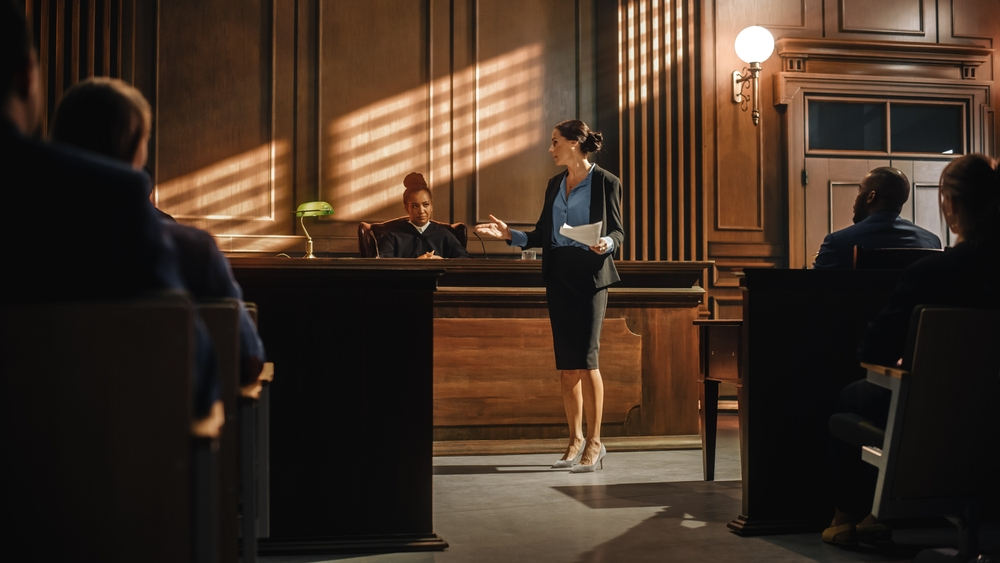Criminal Lawyer: The Architects of Justice
Do you ever find yourself strolling through your local courthouse, marveling at its imposing and stately architecture, only for your attention to be drawn by the flurry of activity inside - lawyers, defendants, prosecutors, all engrossed in weaving intricate narratives of truth and justice? A courthouse is indeed a theater of legal drama, and in it, a criminal lawyer is one of the lead actors.
As fascinating as the legal process may appear, however, have you ever wondered what exactly the role of a criminal defense lawyer is within its grand orchestra? How do these relentless crusaders of justice contribute to the fair administration of trials? And why, in fact, are they so indispensable to ensuring justice prevails? In the following article, we are going to explore these questions and more.
The Role of Criminal Lawyer
A criminal defense attorney is often the only obstacle between an accused individual and a potential prison sentence. Serving as their client's guide, representative, and healer in the overwhelming and harsh world of the criminal justice system, they champion their rights by employing shrewd inquisition, examination, and negotiation tactics. From the moment of arrest through to trial, they act as a tireless advocate for their client’s right to a fair trial.
The Pursuit of Truth
The chief responsibility of a criminal attorney is to construct an accurate narrative that spotlights the truth. They painstakingly dive deep into mountains of case files, evidences, testimonies, and legal precedents. In this meticulous pursuit of truth, they play an indomitable role in preventing miscarriages of justice.
The Art of Negotiation
Negotiation is one of the quintessential skills in a criminal lawyer's arsenal. Whether it's working towards reduced charges, plea bargains, or sentencing agreements, the capacity to negotiate with prosecutorial authorities can often spell the difference between freedom and incarceration.
The Protector of Rights
Underpinning the rule of law is the premise that every individual is innocent until proven guilty. A criminal lawyer is entrusted with the duty of protecting this fundamental right – standing up against potential biases, prejudices, and abuses of power that could unfairly impact their client’s fate.

The Cons of Self-Representation
Choosing to represent oneself in court can be a tempting measure. Saving on attorney fees and having direct control of one's case may seem attractive. However, the complexities, perils, and potential pitfalls of self-representation often far outweigh its perceived benefits.
The Emotional Support
Aside from their legal obligations, criminal lawyers often provide a crucial emotional support for defendants grappling with the stress and anxieties of a legal battle. Acting as their client's dependable ally, they help alleviate the psychological toll that a criminal proceeding can cause.
Conclusion
The rule of law, for all its grandstanding, can often be an unforgiving and labyrinthine process. It is here that a criminal lawyer steps in, transforming into a beacon of hope for those unfortunate enough to be entangled in it. While it's possible to stew in romanticized notions of self-representation, it is essential to remember that the stakes in criminal trials are extraordinarily high.
As such, the importance of an experienced criminal lawyer in ensuring a fair trial cannot be overstated. Through their vital roles as truth-seekers, negotiators, protectors of rights, psychological aid, and advocates against the complexities and biases of the justice system, they not only guide their clients through potentially perilous legal battles, but also, uphold the principles of justice that our society is predicated upon.




0 comments
Note: only a member of this blog may post a comment.